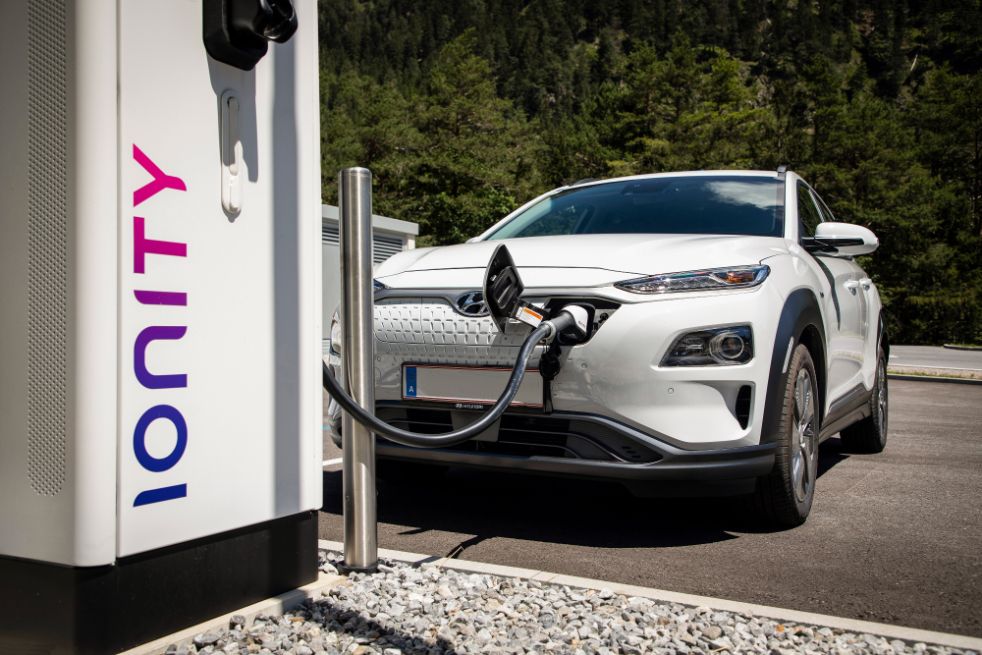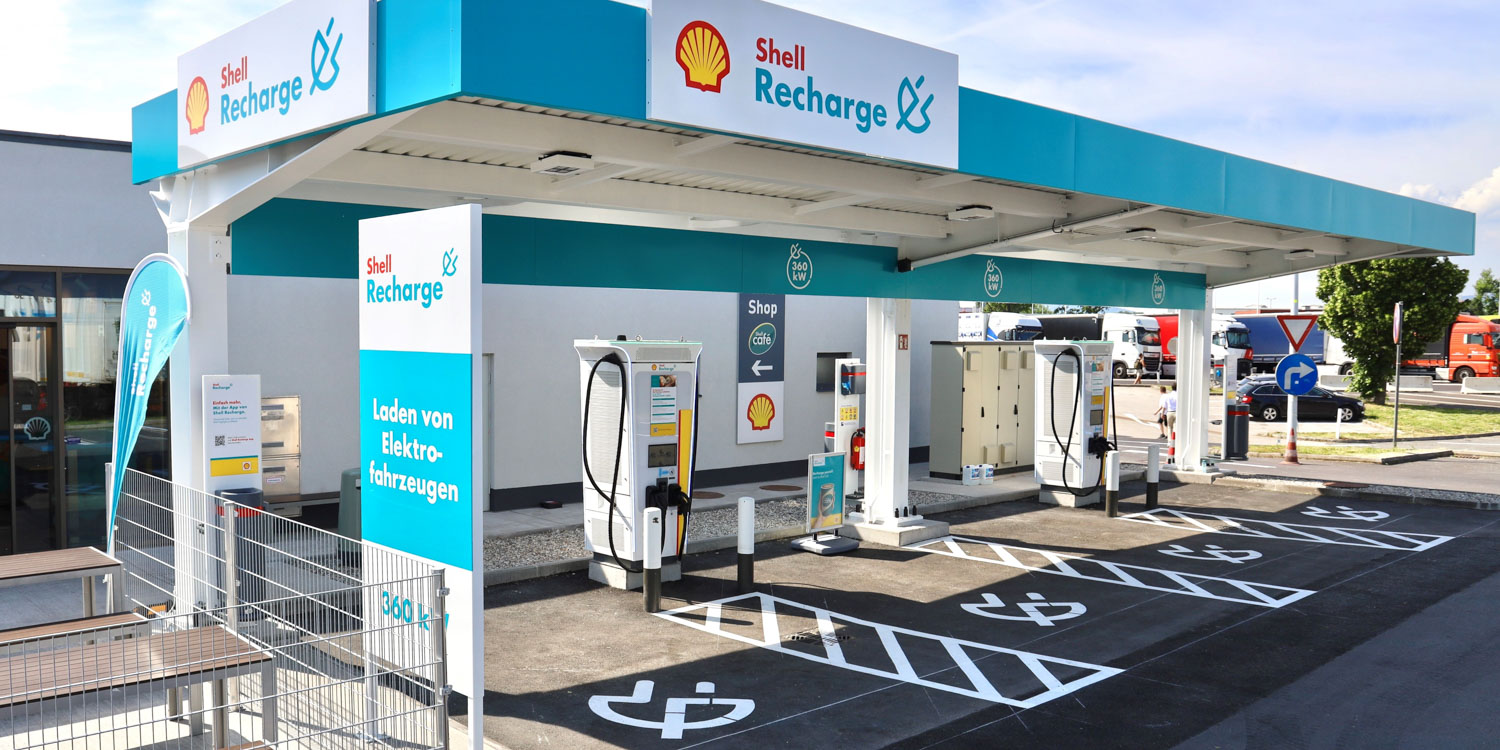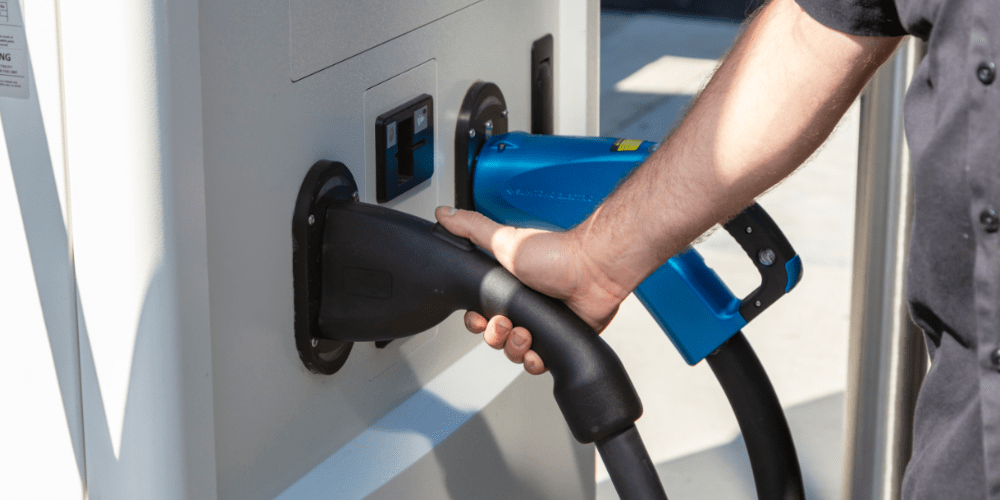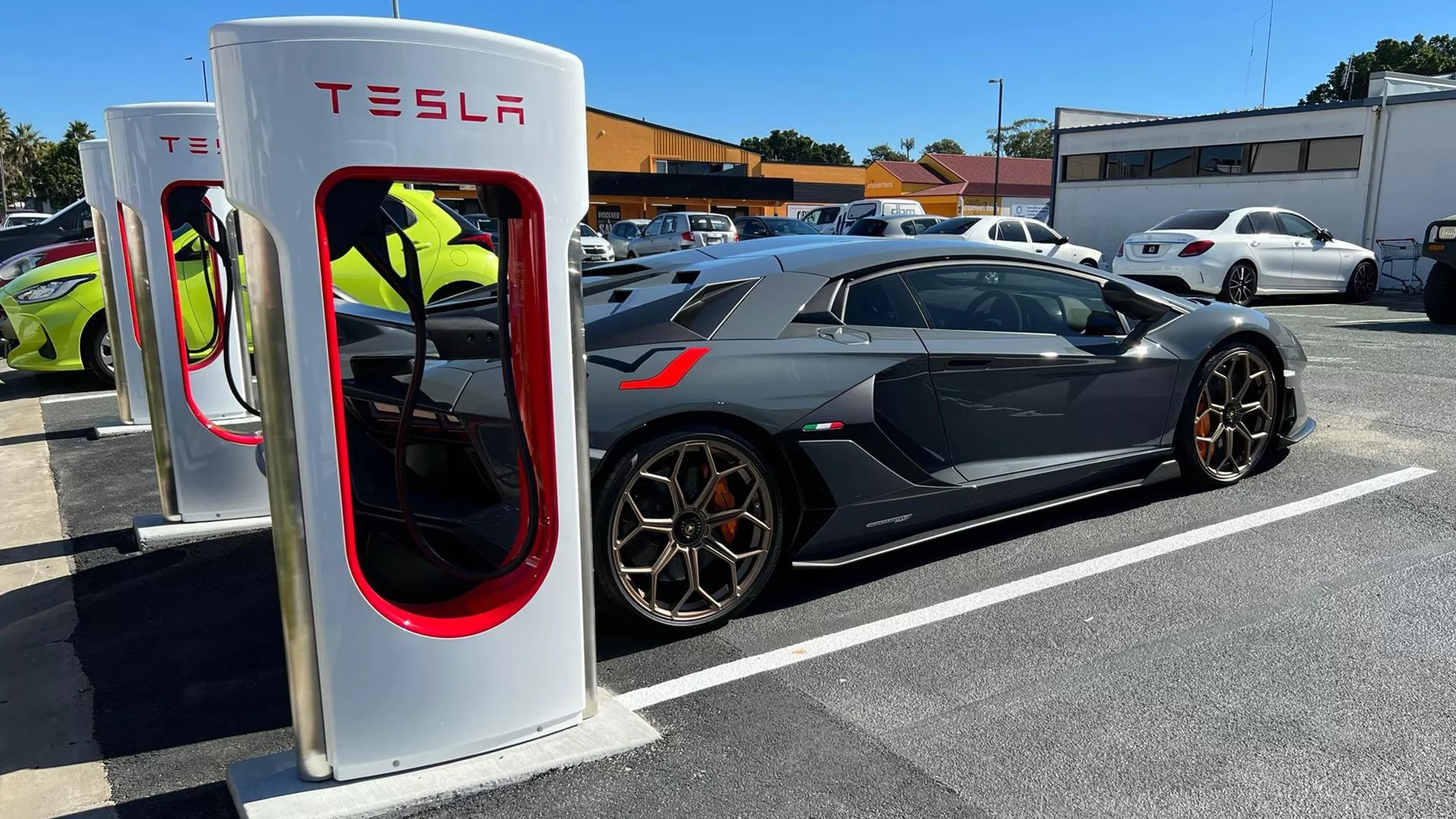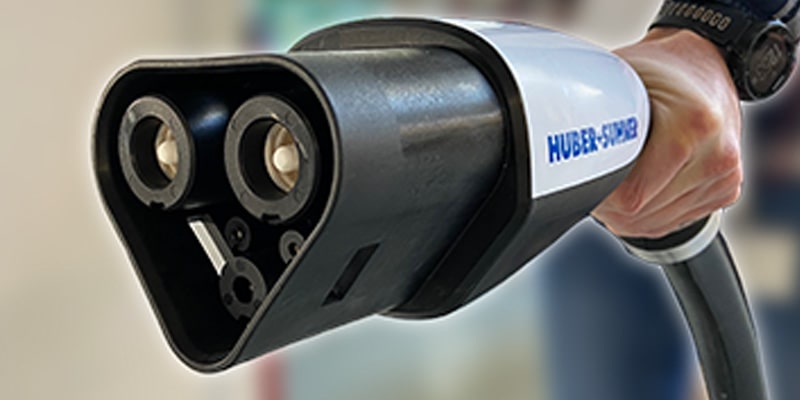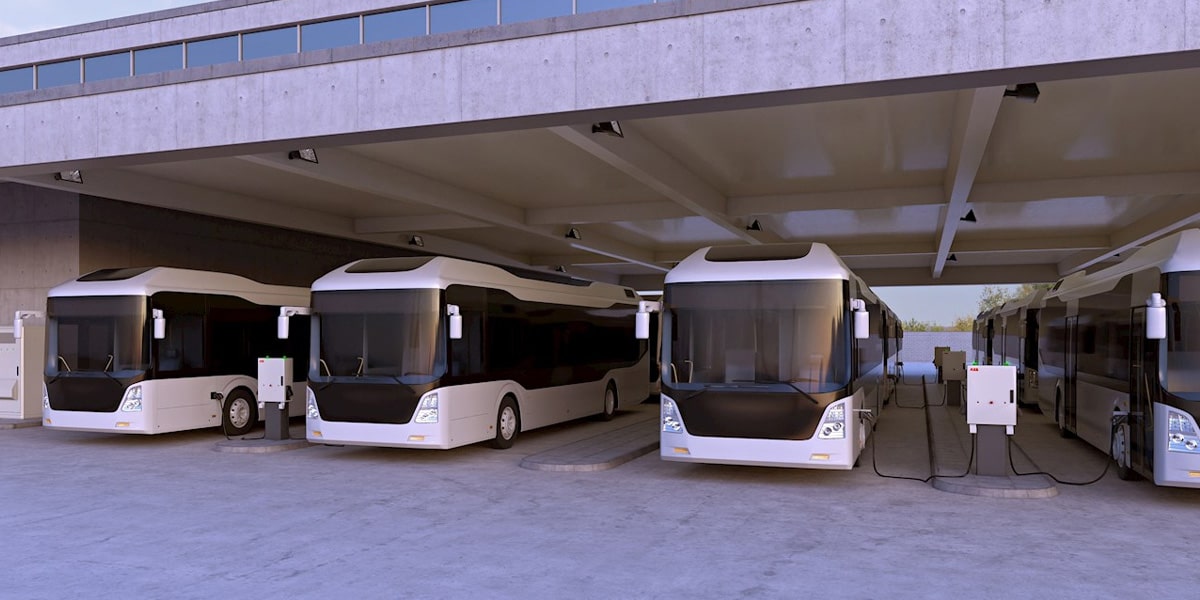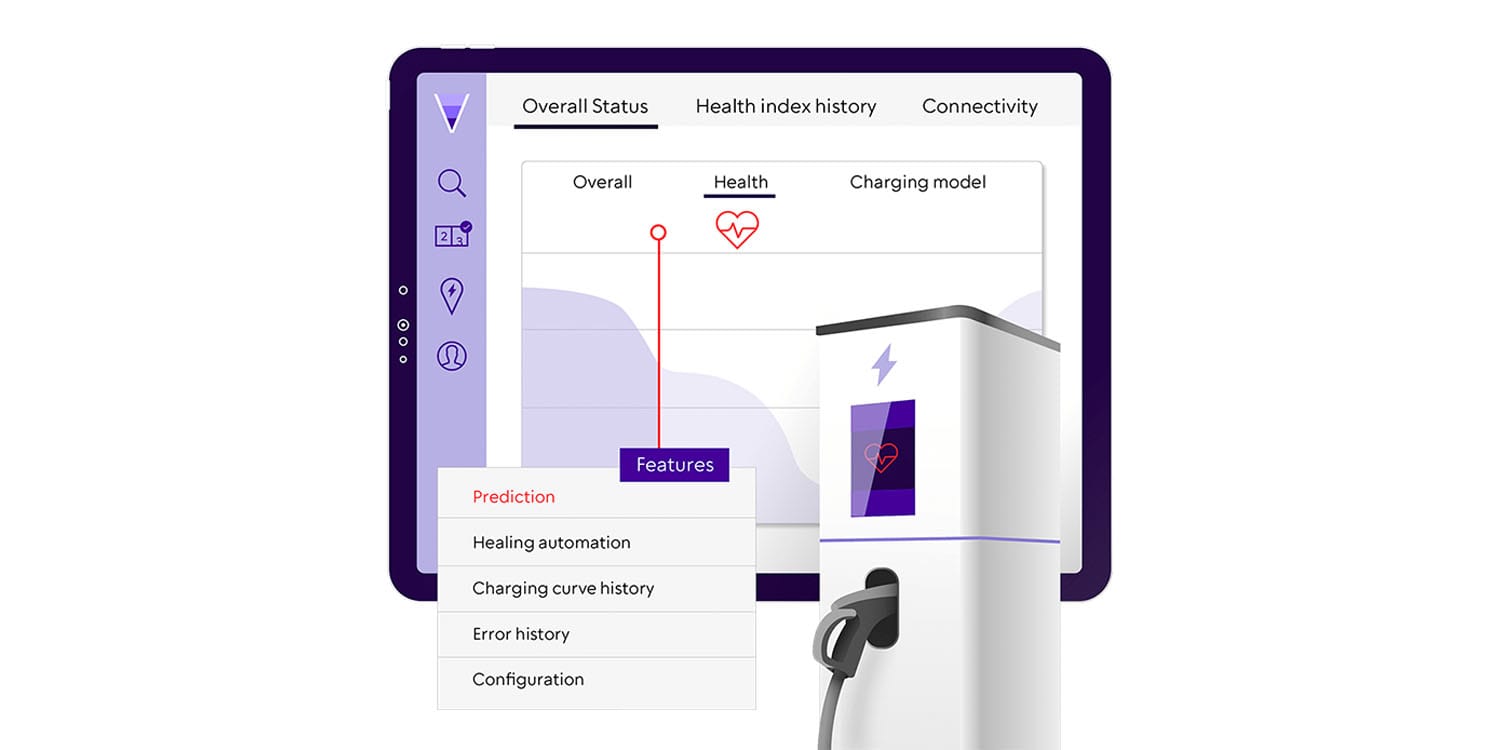Ionity, a leading electric vehicle (EV) charging network, has announced adjustments to its popular subscription model, Ionity Passport, in preparation for the summer travel season. While the monthly rate will be more affordable, customers can expect an increase in costs per kilowatt hour (kWh). However, it’s important to note that the familiar ad-hoc charging price of 0.79 euros/kWh remains unchanged.
Introduced in October 2021, the Ionity Passport subscription is undergoing modifications to improve customer flexibility and convenience. Starting from June 6, new Passport contracts will no longer require a minimum commitment of twelve months. Subscribers can now cancel their Ionity Passport at any time with just one month’s notice. This change aims to provide greater benefits for individuals embarking on long journeys, such as holidays, allowing them to optimize costs for specific months. Additionally, the monthly fee has been reduced from 17.99 euros to 11.99 euros.
However, the revised pricing model introduces alterations to the charging price structure. Previously, customers could substantially reduce the charging price by paying the 17.99 euros subscription fee, which allowed them to charge at a rate of 35 cents per kWh. Under the new scheme, Ionity states that the kWh pricing conditions will always remain “20 cents below the currently valid Ionity Direct tariff.” For instance, in Germany, subscribers will be charged 0.59 euros/kWh instead of the ad-hoc price of 0.79 euros/kWh. It’s important to note that deviations from this pricing may occur in various European countries due to local currency fluctuations, country-specific VAT rates, or unique regional circumstances, as explained by Ionity.
Booking the Passport subscription is designed to be hassle-free through Ionity’s dedicated smartphone app. Ionity estimates that compared to the standard ‘Ionity Direct’ tariff of 0.79 euros/kWh, the subscription becomes cost-effective from a monthly consumption of 60 kWh. This equates to roughly two charging sessions or a distance of 300 kilometers (km) in an electric car with an average energy consumption of 20 kWh/100km.
The introduction of this new pricing model by Ionity reflects the company’s efforts to adapt to the evolving market and meet the changing demands of its customers. Notably, this approach aligns with the strategy employed by VW charging subsidiary Elli, which also recently adjusted its pricing structure and reduced the minimum contract period from twelve months to one month.
Ionity currently boasts an extensive network, operating over 480 charging parks with more than 2,300 High Power Charging (HPC) points across 24 countries. Each charging point is capable of delivering up to 350 kW of power, and Ionity does not employ power sharing, which involves dividing the maximum power rating between multiple charging points.

